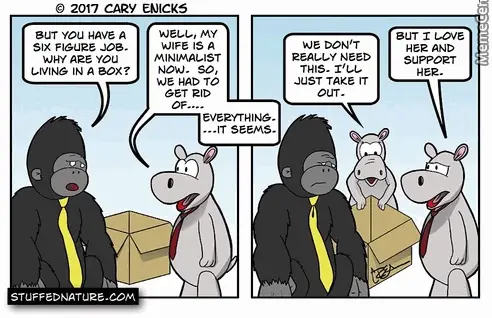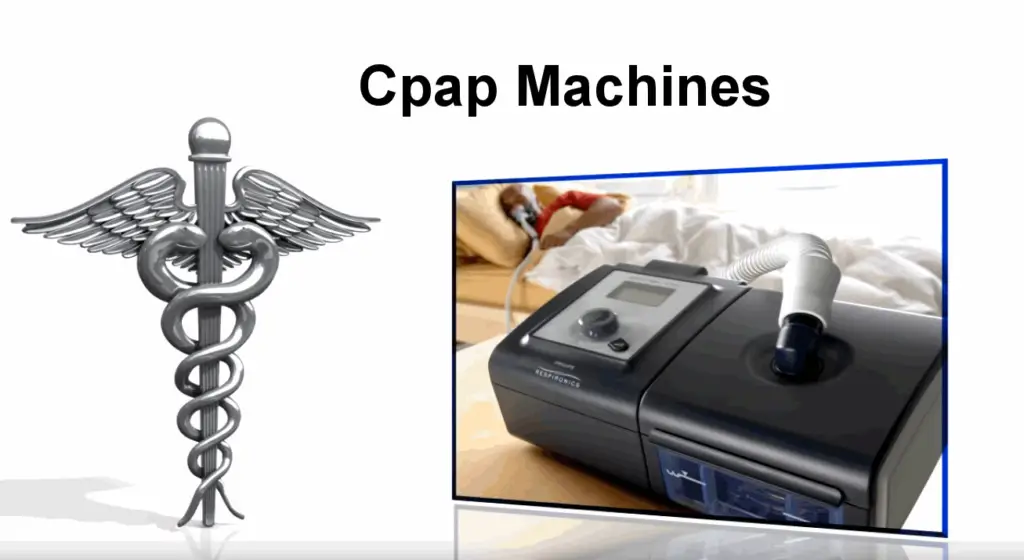4 Hidden Car Costs
Every driver understands that vehicle ownership involves more than initial purchase-related costs. That said, many drivers fail to take into account the costs related to every possible usage, emergency and maintenance scenario. As a result, they sometimes experience horrible debt because of these hidden car costs. Whether you’ve just bought your first vehicle or you’ve owned vehicles for many years, keep the following four hidden costs in mind when setting aside money for your vehicle budget:
4 Hidden Car Costs Read More »










